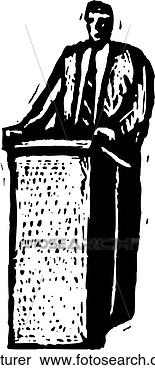Concepts can never establish a full and replete presence for themselves. This, as Jacques Derrida says, undermines Western metaphysics because it is a claim to full presence which underpins metaphysical concepts and procedures.
Then we come to the subject, do we have full presence?
For Michel Foucault, the subject, that is you and me, are vacant sites. Somewhere to hang advert hoardings? Well, not quite as downbeat as that. But for Foucault, the subject is not an entity.
What is it then?
For Foucault, the category of the subject is a function. Crucially, it is a function of enunciation.
It is also, however, an "empty" function, a "vacant space" bounded by, and only identifiable in, a particular and specifiable network of discursive relations - relations that are themselves endlessly variable and multiple. Each shift of the boundaries defines another "vacant place" from which statements can be made.
We are the vacant lot, the empty page, the parchment on which discourses of power are written.
And what and where are these discourse of power?

Foucault - empowerment and disempowerment
Foucault’s understanding of power must be thought of ontologically; as an investigation of the conditions of
possibility. Instead of resistance being understood as freedom, or emancipation from power, it is better thought of as empowerment. There are both discourses that constrain the production of knowledge, dissent and difference and some that enable 'new' knowledge’s and difference(s). The questions that arise within this framework, are to do with how some discourses maintain their authority, how some 'voices' get heard whilst others are silenced, who benefits and how - that is, questions addressing issues of power/empowerment/
disempowerment.
No comments:
Post a Comment